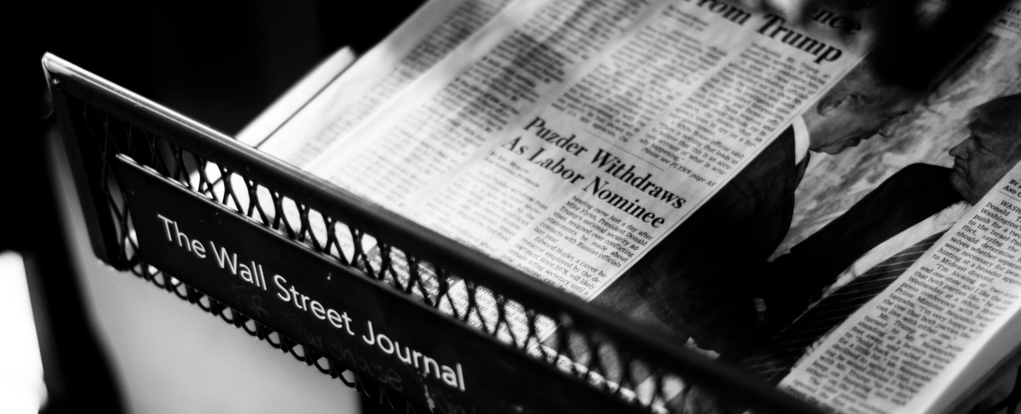Trump, Brexit, Noise, Noise. How Should We React?
Political news can undoubtedly have short term impacts on stock market prices, but how we react, or do not react, to such events can be a big determinant of investor success.
Making investment decisions based on your own political views,
Or your predictions on how the markets will react to political events,
Is a sure way to distract you from your long-term plan.
Below are some examples of when the polls and predictions got it wrong, how this would have benefited disciplined investors that stayed the course and harmed those that did not.
The UK Brexit referendum is a great example. The polls overwhelmingly suggested that the UK population would vote to remain in the EU and it was predicted that there would be a huge slump in the UK and global economy if they did vote to leave.
In the periods before and initially after the vote, many investors were pulling out of the market and instead, holding their savings in cash. When the UK actually voted to leave, there was an initial dip due to this unexpected result, however by October 2016 the FTSE 100 index had reached near record levels. Part of the reasons for this was the pound decreased in value so British companies had an advantage as it became cheaper to invest in the UK.
Importantly, those investors that sold into cash before the vote or reacted to the initial news and pulled out of the market, would have missed out on high returns that followed.
We should note that it’s quite natural to feel apprehensive during these types of event, but you can do more damage than good by making short term emotionally driven decisions. Remember the goals you are working towards, take a long-term view.
An event such as Brexit is only one component amongst many that affect global markets. Predictions in the media are often sensationalised to attract attention. Don’t let it distract you!
The case was similar when Donald Trump was elected as the US President. The media predicted stock market declines if he got into power, yet from when he was elected in November 2016 to May 2019, the S&P 500 rose by more than 35%. Source: Dimensional Fund Advisors.
Data also showed that when trump was elected, Republican voters tended to trade more than usual in an attempt to gain better returns, betting that stock markets would rise. Democrat voters tended to not to invest at all, selling their investments, expecting stock markets to fall.
Both outcomes are not ideal for long term results. The Republican voters that traded more often within their portfolio will have experienced higher investment costs, eating into their return. Also, attempting to identify stocks that outperform the market over the long term is not sustainable. On the other side, the Democrat voters that chose not to invest at will have missed out on all the returns following the election results.
From a political perspective , good performance in an economy is often credited too much towards the current government and bad performance in the economy is often blamed too much on them. Source: www.ritholtz.com.
It’s normal for our political views to influence the way we see the world. But when investing, if we can remind ourselves that there are many more factors that influence markets than solely who is the current leader of our country, we can avoid making harmful investment decisions.
It’s important to understand that news is quickly factored into current market prices. Market prices are constantly changing in real-time based on new information. So, unless we can see the future as to what the picture will be in a month or a years’ time, we can’t do much better than accepting the price today.
The best approach is to stay focused on your individual financial and life goals, build a diversified portfolio that isn’t overly exposed to any particular country or region. Think long term and remain disciplined when inevitable political events appear in the news.

